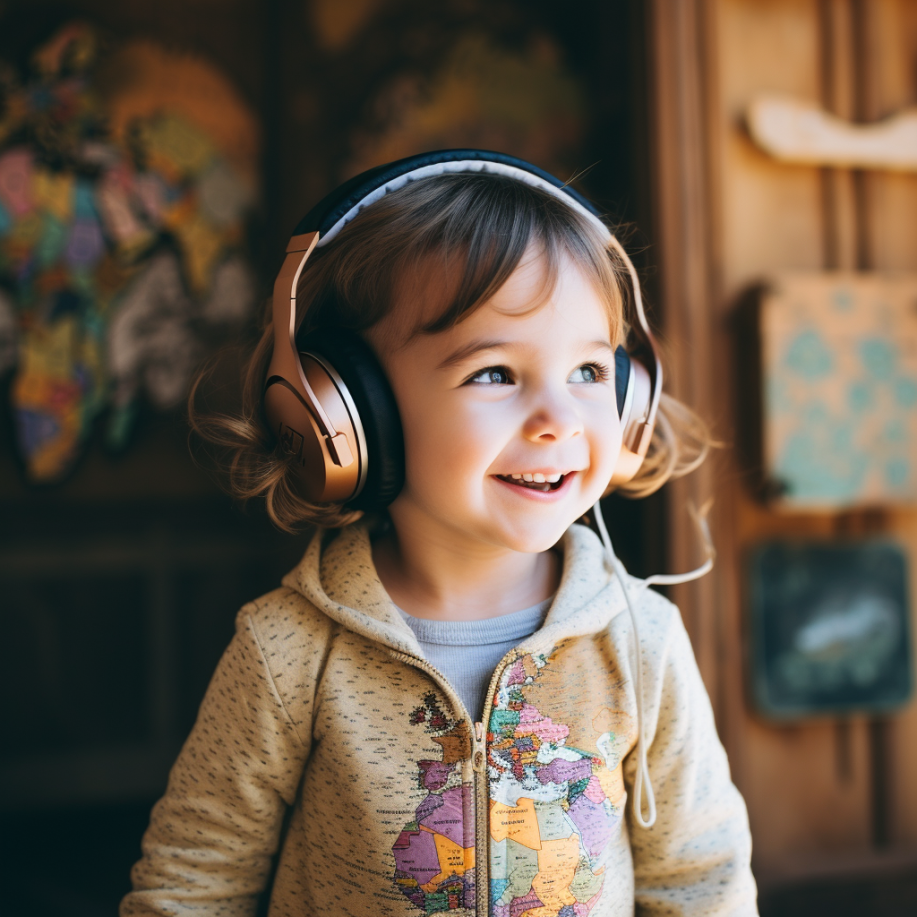
Learning a foreign language from an early age is much more than just acquiring language skills. It’s a journey that allows children to discover new cultures, connect with people from all over the world and broaden their horizons. In this article, we explore the third key benefit of early language learning through listening: cultural openness. Discover how this early language experience nourishes children’s cultural curiosity and transports them to far-flung destinations.
A gateway to new cultures
When children learn a foreign language, they don’t just master words and phrases. They also discover the values, traditions, customs and lifestyles of another culture. By immersing themselves in a foreign language, they develop a deep understanding of the cultural diversity that shapes our world. They learn to be open-minded, tolerant and respectful of differences.
Authentic human connection
Learning a foreign language from an early age offers children a unique opportunity to connect with people from all over the world. By developing their language skills, they can make authentic connections with people whose mother tongue is different from their own. This creates cross-cultural friendships, encourages empathy and fosters a deeper understanding of other cultures.
An open mind and a global perspective
When children learn a foreign language, they gain a global perspective and an open mind. They begin to see the world through the eyes of another culture, questioning their own prejudices and adopting a more inclusive approach. A study conducted by Rakesh M. Bhatt at the University of Texas in 2013 revealed that learning a foreign language improves intercultural understanding and encourages acceptance of diversity.
Cultural openness is one of the eight key benefits of learning a language through listening from an early age. By exposing children to a foreign language, we transport them into a world of cultural diversity, enable them to connect with people from all over the world and nurture their open-mindedness. Let’s encourage them to explore the world’s cultures and embrace the richness of our planet.
